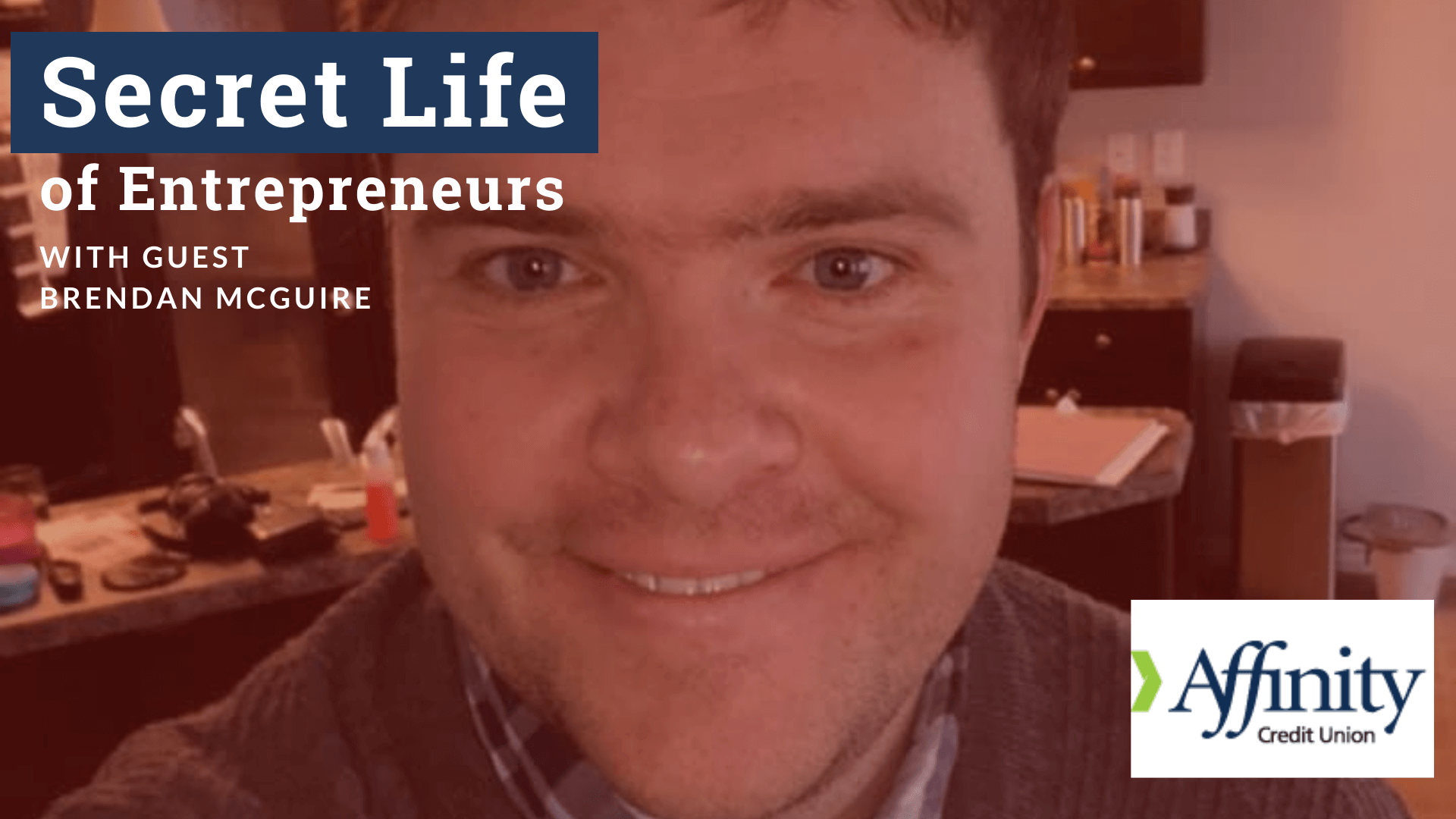Secret Life Podcast Ep. 92 Donna Ziegler
Barb 0:00Today’s guest is the head honcho of the South Saskatchewan Community Foundation. What the heck is a community foundation? You know, honestly, until I started talking to Donna and her team, I had no clue. But boy, has it been a steep learning curve for me. Barb 0:16Donna has been with the foundation for about three years. But she spent the majority of her career in either the charity or the nonprofit sector. This is a busy lady folks, the fact that we pinned her down for 25 minutes to talk to her, like, Wow, I feel so important right now. So first off, Donna, thank you so much for being here. Donna 0:37Thank you so much for having me. I’m glad to be here. Barb 0:41Absolutely. I can’t wait to learn more about you and the foundation. Now of course it is you’re such a busy lady, you are a so actively involved in the community, the coaching Federation, the Association of Fundraising Professionals, tell me a little bit about what drives you what keeps Donna going on a daily basis. Donna 1:03So really interesting, thank you for asking, I am a lifelong learner. So I like to keep up to date on what’s happening in community, what’s happening in these organizations, the ones that, you know, I find, for me personally, to be interesting along with my career. And so I’m always looking for opportunities to learn and to understand from others, and then to help others as well, if I know something that I can share with them. So I like being involved. And I, you know, I think that it’s helped me throughout my entire life. But I’ve always been like that. And I hope to pass some of that to my kids too. They become capes. Barb 1:46That is fantastic. When I read through your bio, when I was getting ready for our show today, the word that jumped out at me or the word that came to mind to describe you, you are a contributor, you look to give back to your community, I suspect your friends, your family. It’s how you’re driven, isn’t it, Donna? Donna 2:06Yes, that’s very interesting. I haven’t thought of it that way. But I do like to not just myself, but I like to offer it I have something to offer. I like to help others and help them understand help me community. It’s just the way you’re built. Sometimes I think and perhaps the way you’re brought up, or you know, so you just kind of have that innately that desire continue to pay forward. Barb 2:33Yes, absolutely. So let me ask you this question, then. How do you balance your time, because I know for people, other other friends and family than I know that direct giver by nature, you also have to find that balance so that you can recharge. So how do you do that? How do you balance? Donna 2:52Really good question Barb. And lots of times, we don’t even like to think about that. Because it actually puts you into a zone that you have to slow down and think about how you’re recharging. But what I do know is that if you do not recharge yourself, you’re not good for others. Donna 3:10And you don’t you know, you’re showing others that it’s important to take care of yourself so that you can be that person for other whether it’s community or people or family. So I really like to look at I’ve always looked at work life balance to I, you know, I like to I like work, I’ve always liked work. Donna 3:37But I know that family life is also important. And so I really try to balance those pieces. I don’t think my children would say that things are done by because it wasn’t for my husband, we’ve always made sure that we were present. Yes, one for sure. And, you know, because I have a good support system, and was able to engage in community. And that really matters as well. Donna 4:06My husband helps children all the time. And he’s coached and you know, and I was able to follow a few of my dreams, which was going back to school and work and different things. So you learn how to balance I love enacting mindfulness into my day, being grateful, you know, using a journal to to learn about yourself and the things that you’re grateful for. It completely slows down your day, especially in the morning. And it yes, it makes you more mindful of what you’re doing. Barb 4:44Yes, absolutely. I actually took a mindfulness class from from a local business here. And when I started the class, I was kind of thinking yeah, I don’t know like, but by the end, I loved Oh, Joanne did such a wonderful job in that class. And we actually did a retreat at the end at the university. And I remember walking around, and being able to enjoy kicking water in puddles. Like I hadn’t since I was a kid, like, how cool is kicking water, and I had no kids with me. So I like got tic tic. And it was awesome. Right? Donna 5:28So, you know, we don’t take enough time. We’re busy, right? That is that word. I don’t even like that word easy. But if you can press in the things that you’re doing, yes, that’s most important. And I remember once I was with somebody, and they said, I was talking to my inner function, and I said, Oh, they asked me how my week was going. And I said, this is about 10 years ago. Donna 5:54And I said, you know, I just can’t wait for the week to be done. It’s been a long week, he looked at me. And they said, Not Ever wish a moment away? Yes. Take the time you need present with it.

